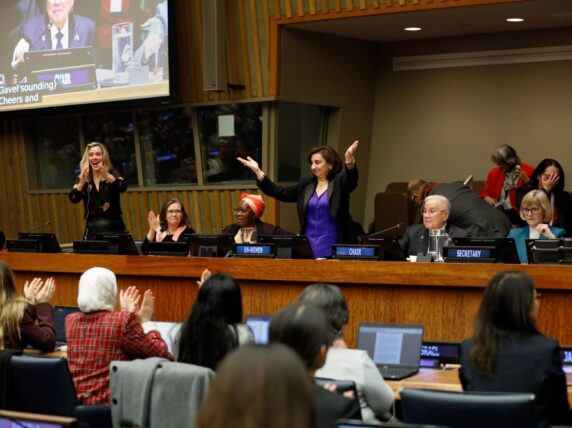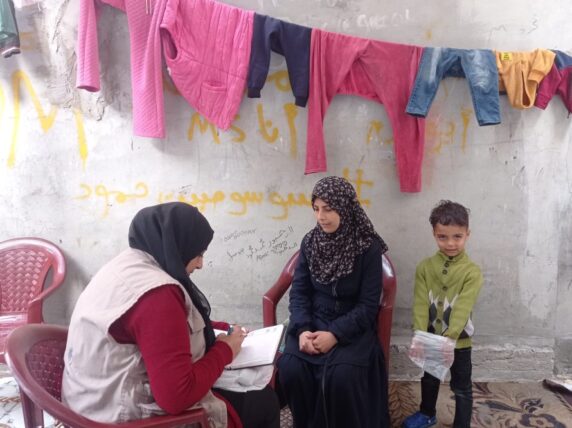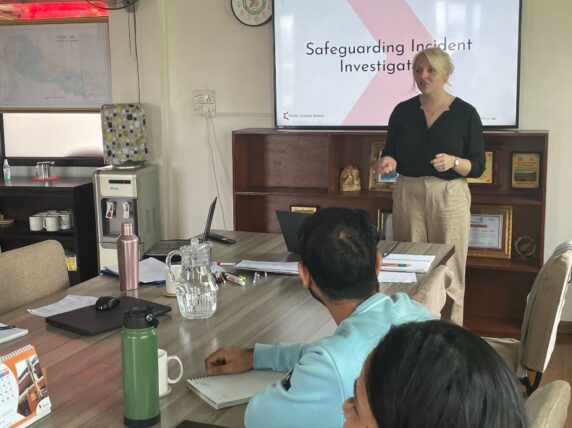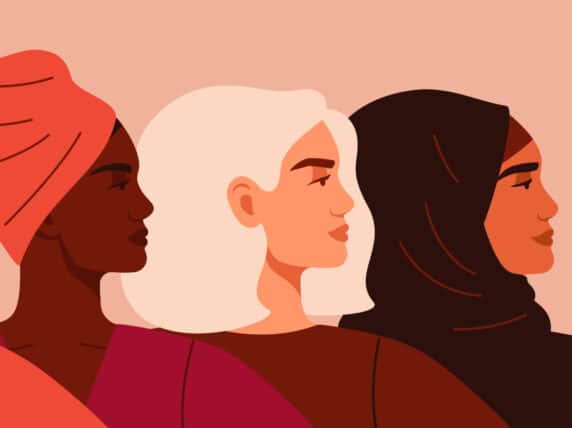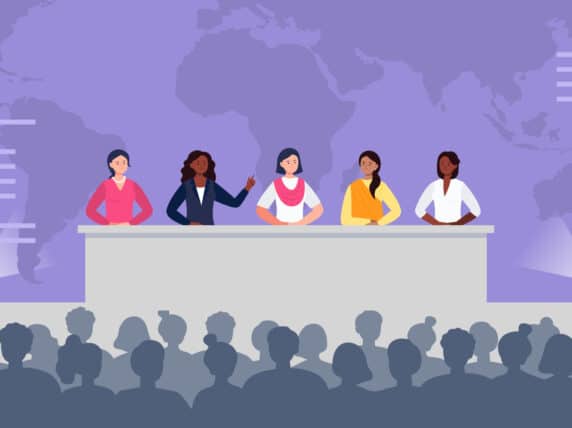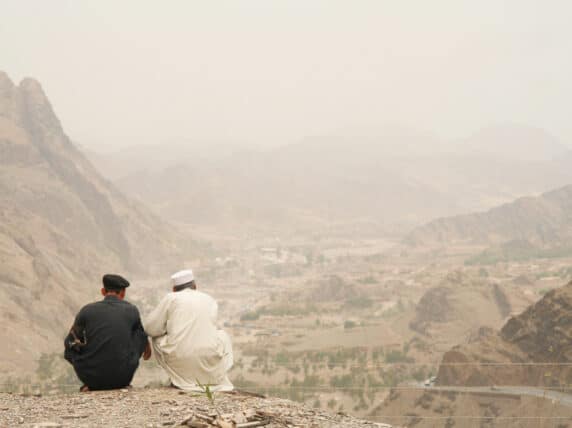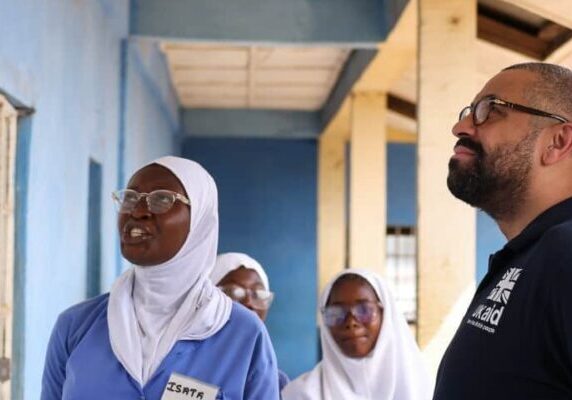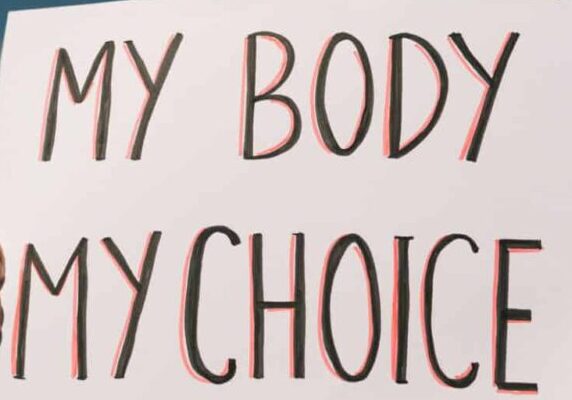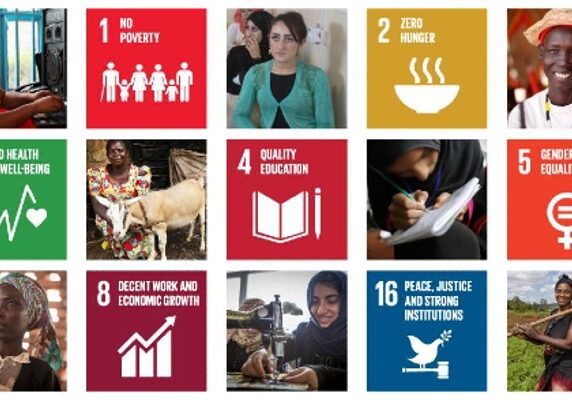The 68th session of the UN Commission for the Status of Women served as a pivotal moment for UN Member States to unite and commit to robust measures in combating women’s and girls’ poverty worldwide. Louisa Syrett of The Fred Hollows Foundation takes us through the outcomes, especially pertaining to sight loss and gender equality.
As horrors continue to unfold by the minute in Gaza, the methodical onslaught on the sexual and reproductive health of women and girls in the territory has had dire consequences.
Why is gender-based violence so endemic within humanitarian settings? Poorly planned distributions can create the perfect conditions for exploitation from strangers, abusive intimate partners, or by aid workers themselves. But there are steps humanitarian actors can take to help prevent it. Laura Hendy from World Jewish Relief tells us more.
As the first Muslim woman to lead a major British charity, Ridwana Wallace-Laher is a trailblazer. She urges the sector to give female leaders the platforms they deserve.
To reach true gender equality, women decision-makers need equal power to men rather than simply matching them in number, argues Rabina Shrestha from International Alert.
Do recent UK aid budget cuts signal the UK turning its back on Afghanistan and Pakistan?
Everybody seems to be celebrating International Women’s Day nowadays, even the Foreign Secretary. But let’s not forget that its origins lie with women in the labour movements of the USA, Northern Europe and Russia protesting for the right to work and vote.
If sexual and reproductive health and rights experts across the sector are to galvanize support for human rights, invigorate the development space and deliver with impact and purpose for generations to come, here are five steps they must take.
Investing in women and gender equality is central to achieving all 17 global goals. To truly fulfil our global development agenda by 2030, we need to put women living in poverty in marginalised and conflict-affected communities first.

